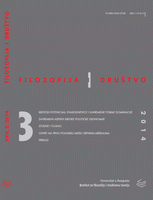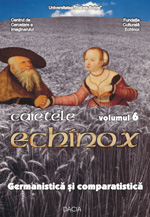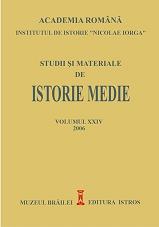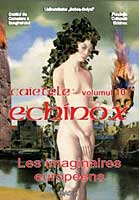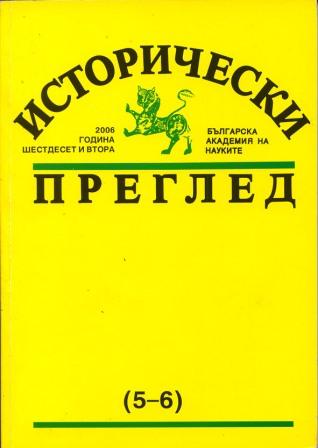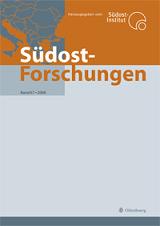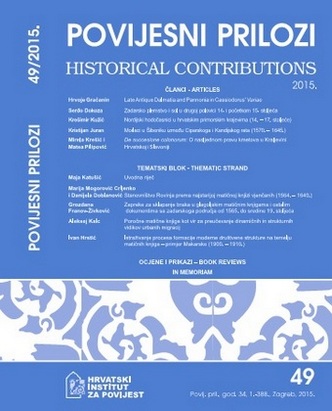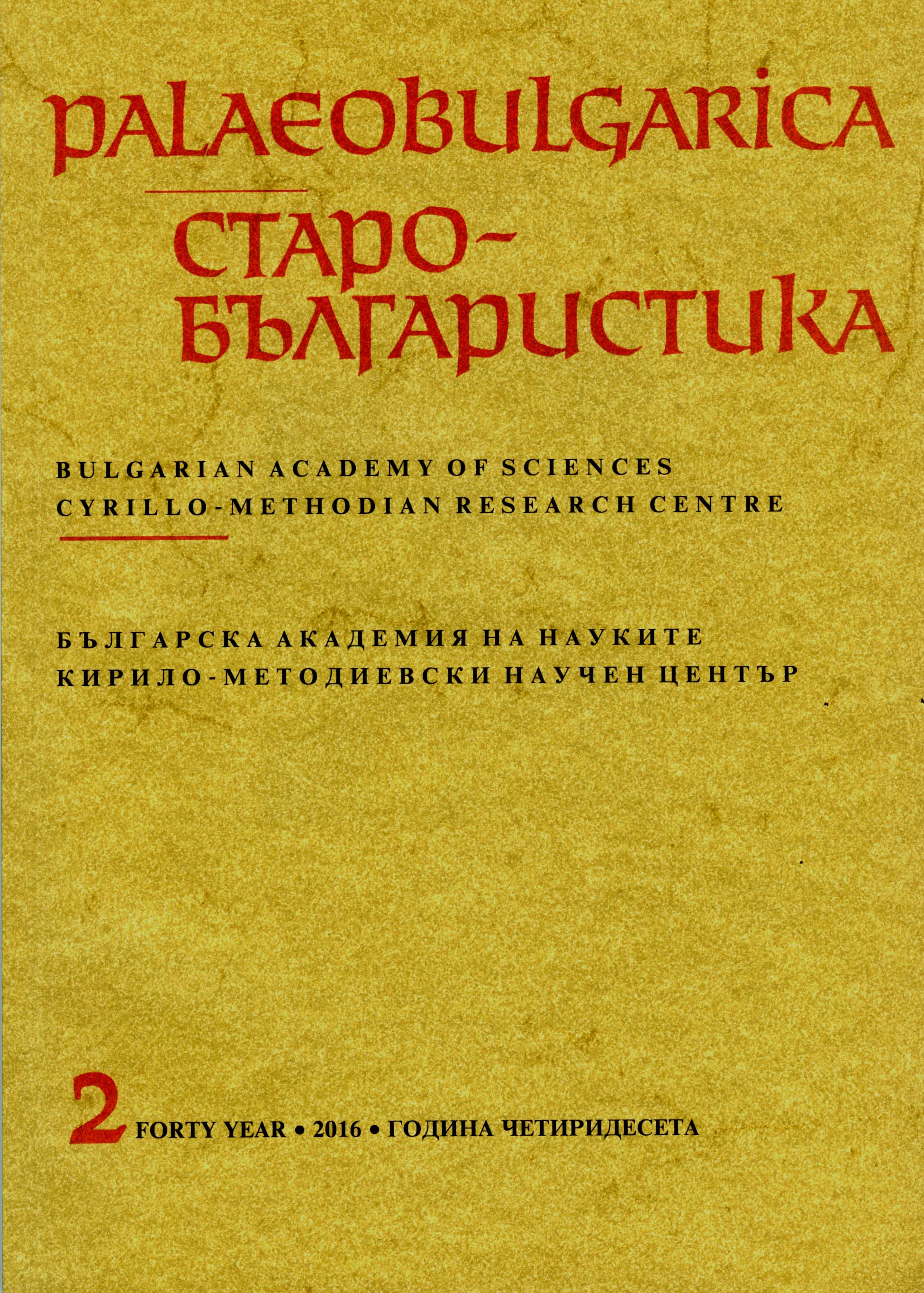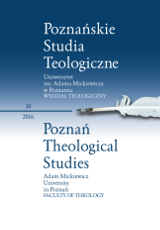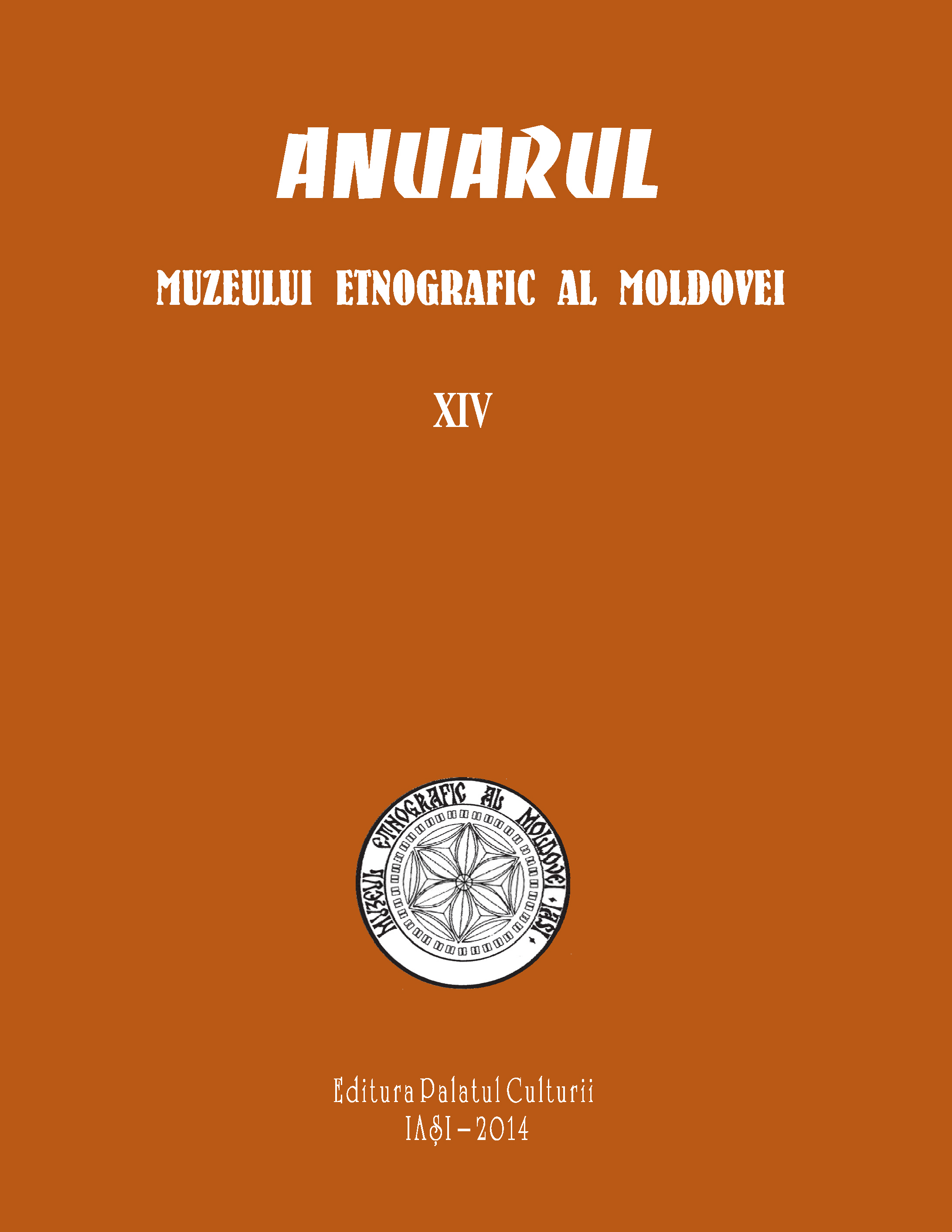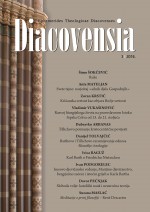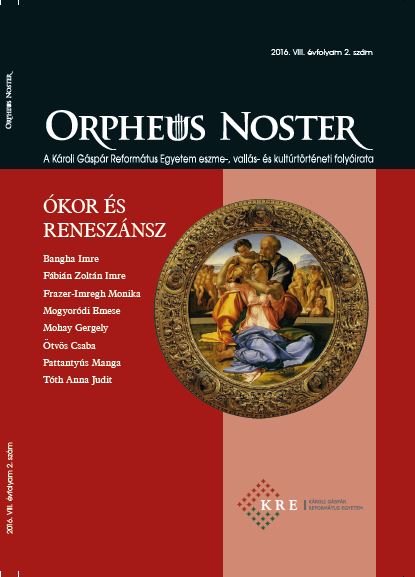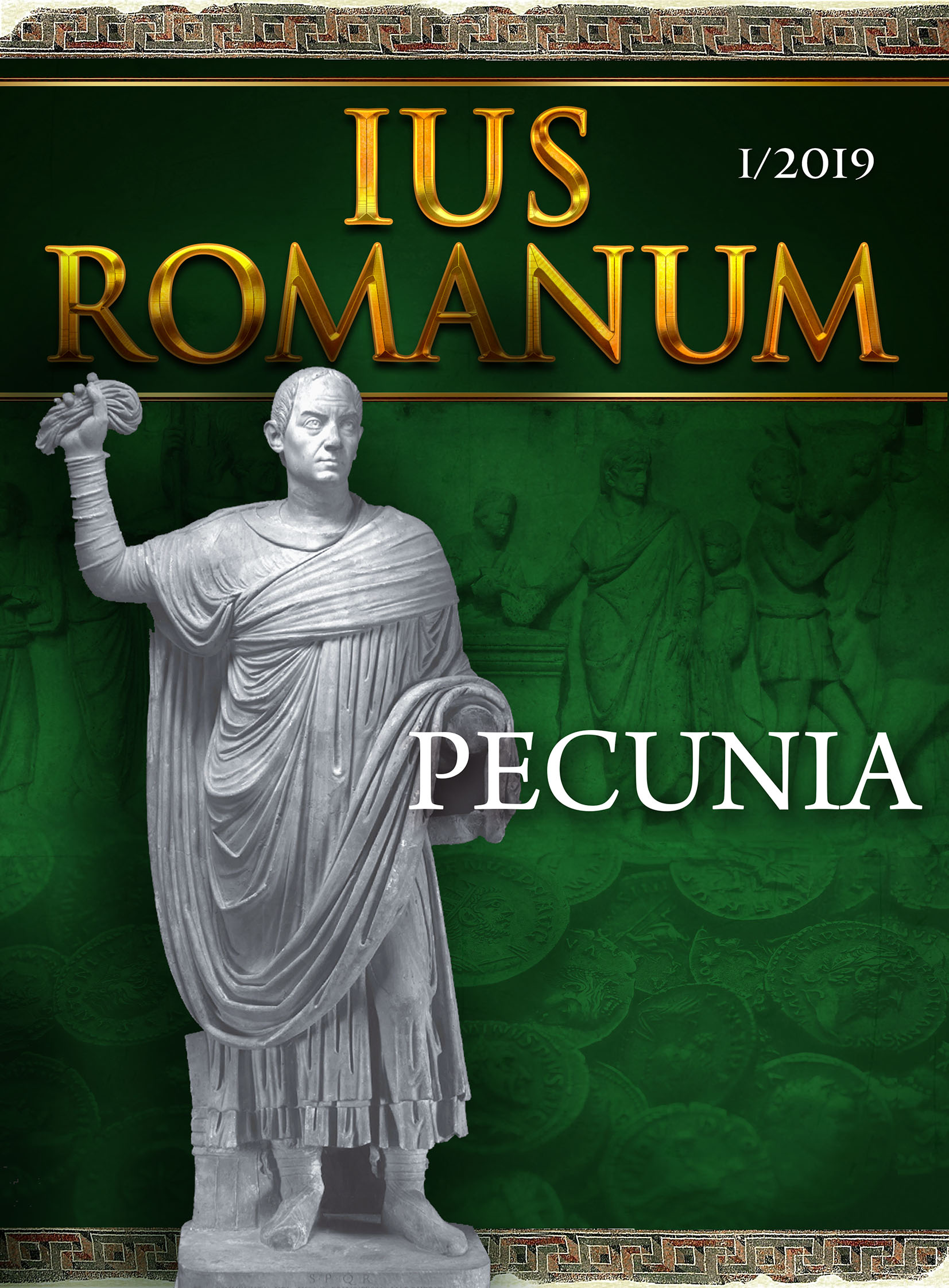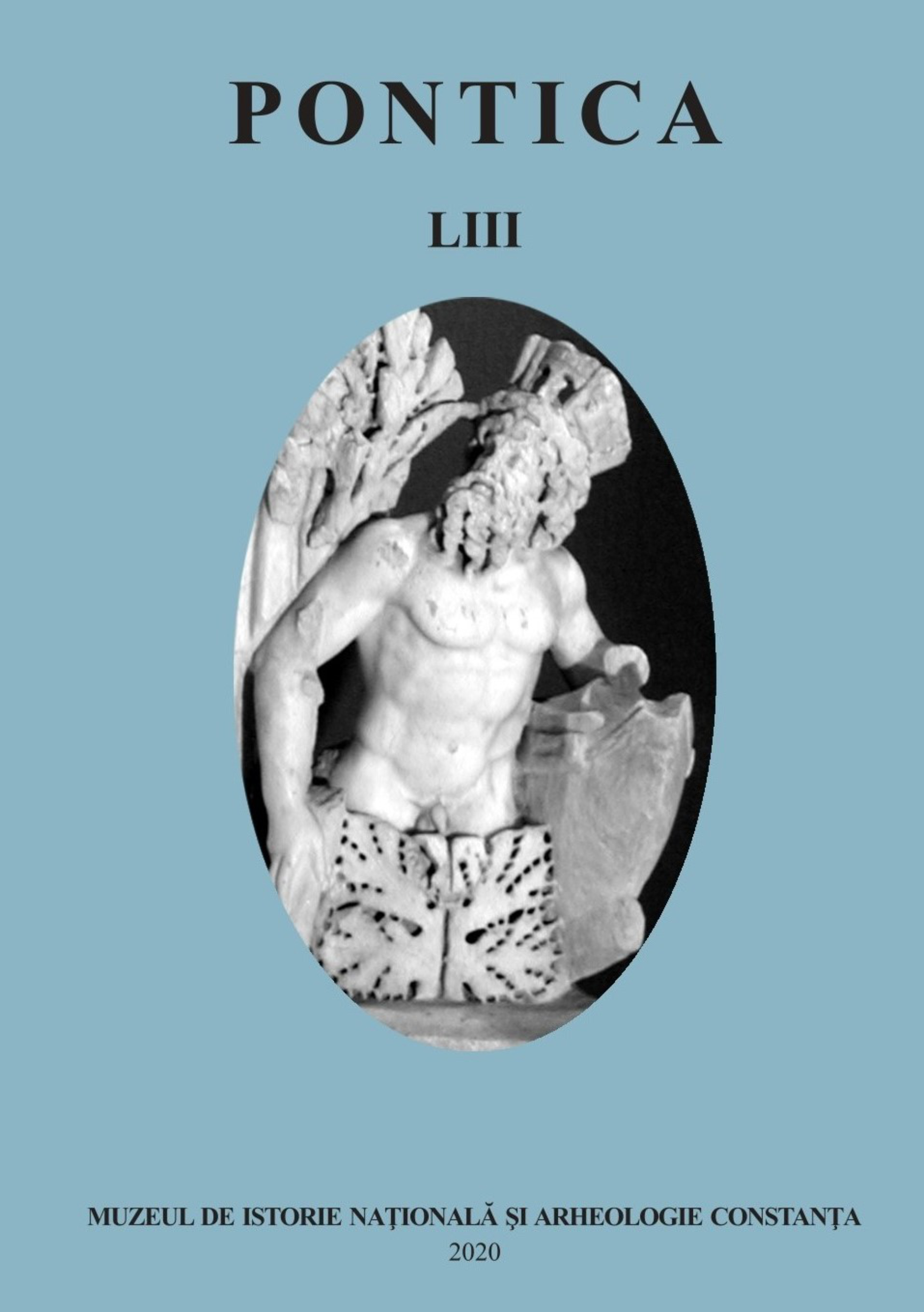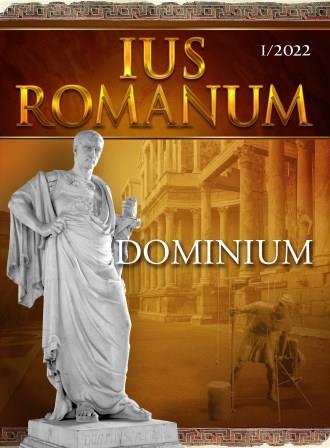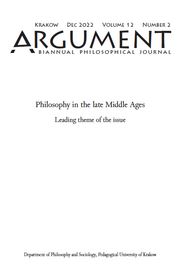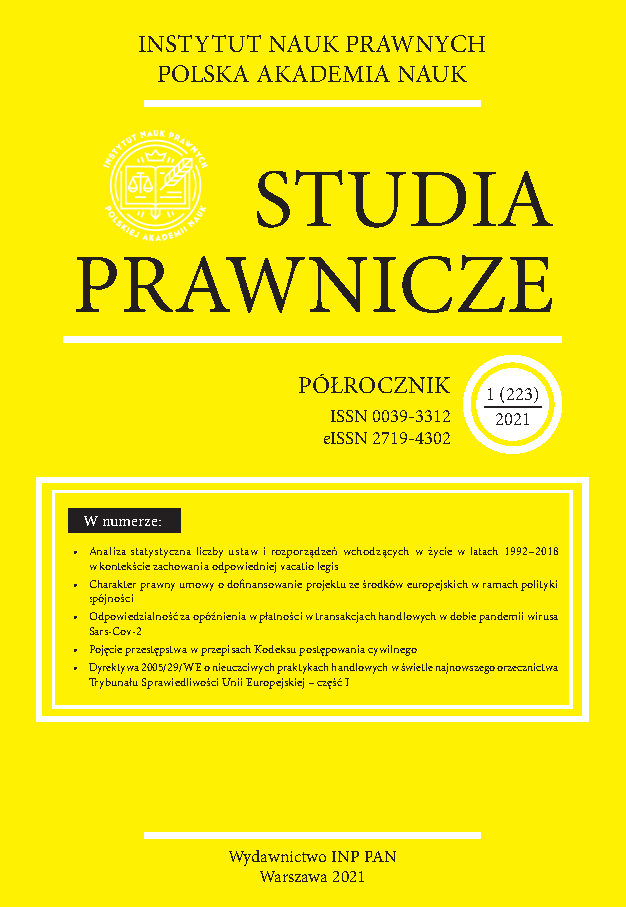Projections européennes et ombres tsiganes: jeux et flux de territorialisation antagonistes
Author(s): Jean-Louis Olive / Language(s): French
/ Issue: 10/2006
Keywords: Gypsies; ethnocentric and allogenic images; sociocultural stereotypes; territorialisation schemes; Gypsy saints and legends
Starting from the construction of both ethnocentric and allogenic images, this study shows how, through diachronic cohabitation and a gradual social construction of alterity, sedentary and settled communities come to share fixed hermeneutic forms and polarized territorialisation schemes (in Gilles Deleuze’s terms). We can identify four types of relationships between the European autochthons and the meta-European allochthons: voluntary v. forced settlement, mobility v. nomadism. These schemes tend to acquire significance within binary systems and structural oppositions, which have, by now, largely become outdated. It is through mirror games and reflexive postures that the complexity of these social and symbolic interactions can be comprehended, given the reservoir of asymmetrical images and reductive stereotypes which are currently at stake in the European construction. The habit of making classifications, the perpetuation of sociocultural stereotypes and intellectual laziness have assigned the Romas, the Manouches, the Gypsies, or the Yenniches to a perpetual movement of intra-European rejection. At the same time, and within the same logic of paradox, while we are overtaken by maniac-depressive acedia, or the “bougeotte,” the craze for traveling, these mobile outsiders have been characterised as absolute others, a countertype of the sedentary model that characterizes us. One of the least surprising paradoxes concerning them is that they have for centuries been compelled to forced settlement, only to be then cast beyond the borders, whenever a crisis appeared. How can they overcome this strange attraction-rejection antinomy? How have they maintained and transformed their nomadic identity (as Gilles Deleuze understands it)? The Gypsies have the advantage of organizing themselves as projective countertypes: building their own sociality, they stigmatize ours by contrast. Consequently, an anthropological perspective, caught between knowledge and aesthetics, between reflection and empathy, must insist on this difficult case, which challenges all our prejudices and destroys all our certainties, but is rewarding through its rigorousness and its nobleness. Partially acculturated (as Georges Devereux understands it), and partially antagonistic, both rooted and repudiated, the Gypsies are the agôn, joining us much more than separating us (Europe). They appear to be, in this respect, the “shadow” of the Occident’s stream of light.
More...
